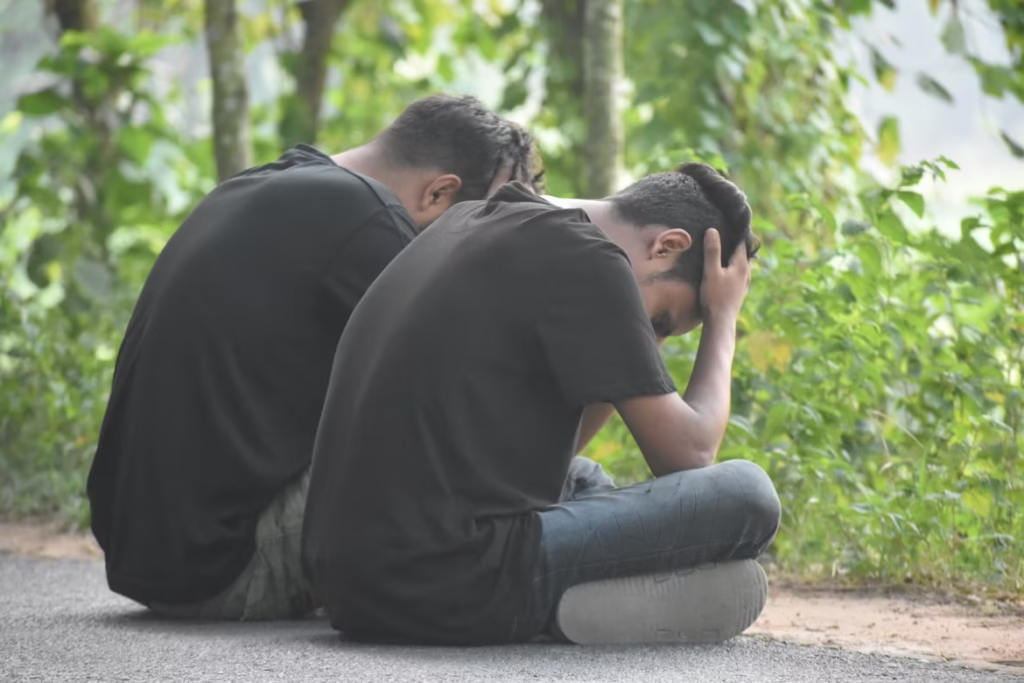In a groundbreaking move to address the mental health crisis in the U.S., the federal government has launched a nationwide mental health crisis hotline, providing immediate support to individuals in need of urgent care. On February 5, 2025, the U.S. Department of Health and Human Services (HHS) officially announced the activation of the 988 mental health crisis hotline, offering 24/7 access to trained counselors for individuals experiencing emotional distress, anxiety, depression, or other mental health crises.
The new hotline, which can be reached by dialing 988, will connect callers directly with mental health professionals who can provide immediate support, guide them through crisis situations, and offer referrals to local resources. The launch of this hotline is seen as a significant step forward in the country’s efforts to provide more accessible and immediate mental health care, especially as the pandemic-era mental health challenges continue to affect millions of Americans.
“This is a historic moment in our nation’s mental health care system,” said Xavier Becerra, U.S. Secretary of Health and Human Services. “With the 988 hotline, we’re creating a lifeline for people in crisis, ensuring that help is available at the moment they need it most. It’s an essential tool in combating the mental health crisis and reducing the stigma around seeking help.”
The 988 hotline is designed to function much like 911 for emergency situations, but it specifically addresses mental health concerns, connecting people to professionals trained to handle a variety of emotional and psychological emergencies. Whether someone is struggling with suicidal thoughts, experiencing panic attacks, or in need of counseling during a difficult life event, the hotline aims to provide timely support, de-escalate crises, and prevent unnecessary hospitalizations or law enforcement involvement.
The launch of the hotline comes at a time when the need for accessible mental health resources is more critical than ever. A 2024 report from the Centers for Disease Control and Prevention (CDC) indicated that nearly one in five adults in the U.S. experienced mental illness in the past year, with young people and marginalized communities facing the greatest barriers to care. The COVID-19 pandemic exacerbated these trends, leading to an increase in anxiety, depression, and substance abuse disorders across the population.
In addition to offering immediate support, the 988 hotline is also expected to connect callers with long-term care options, such as therapy, outpatient programs, and community-based resources. The initiative is part of a broader effort to expand mental health care access, including increased funding for crisis centers, mobile response teams, and virtual therapy services.
The 988 hotline has been endorsed by mental health professionals, advocates, and lawmakers, who see it as a critical step toward addressing the nation’s mental health crisis. “This hotline represents a major shift in how we approach mental health in this country,” said Jane McAllister, a mental health advocate. “It’s an opportunity to provide help and hope to those who might otherwise fall through the cracks of a fragmented mental health system.”
While the 988 hotline is a major milestone, experts acknowledge that it is only part of the solution. Ongoing efforts to improve mental health services, reduce wait times for therapy, and increase funding for mental health programs are needed to fully address the challenges of mental health care access in the U.S. The hotline is expected to be a key component in this broader effort, helping to bridge the gap between immediate crisis response and long-term mental health care.
As of February 2025, the 988 mental health crisis hotline is now live across the country, providing an essential resource for anyone in need of mental health support. It’s a bold step in the ongoing movement toward prioritizing mental health and ensuring that help is always within reach. With millions of people in need of care, the 988 hotline is a much-needed lifeline in a time of increasing mental health challenges.
